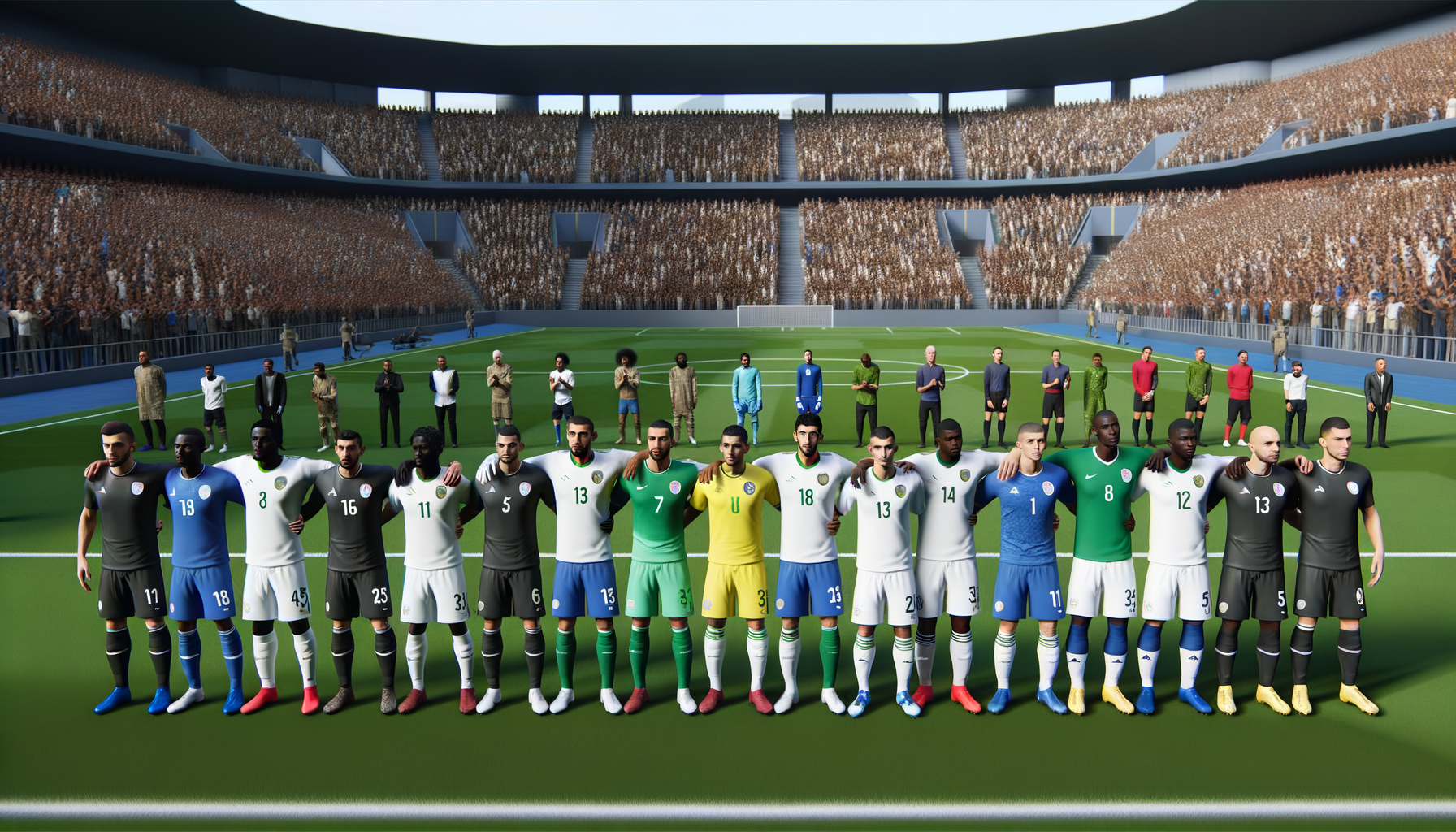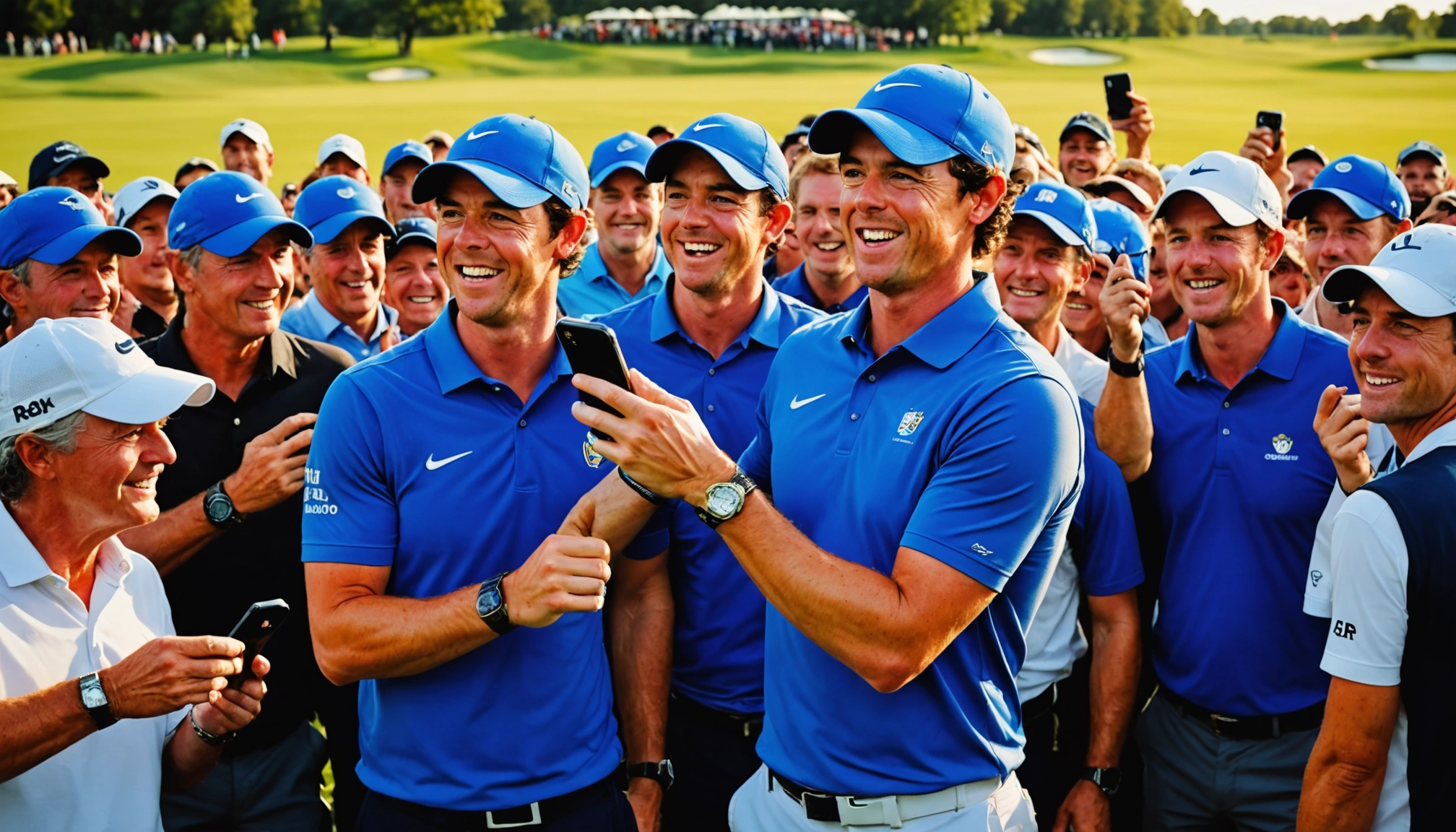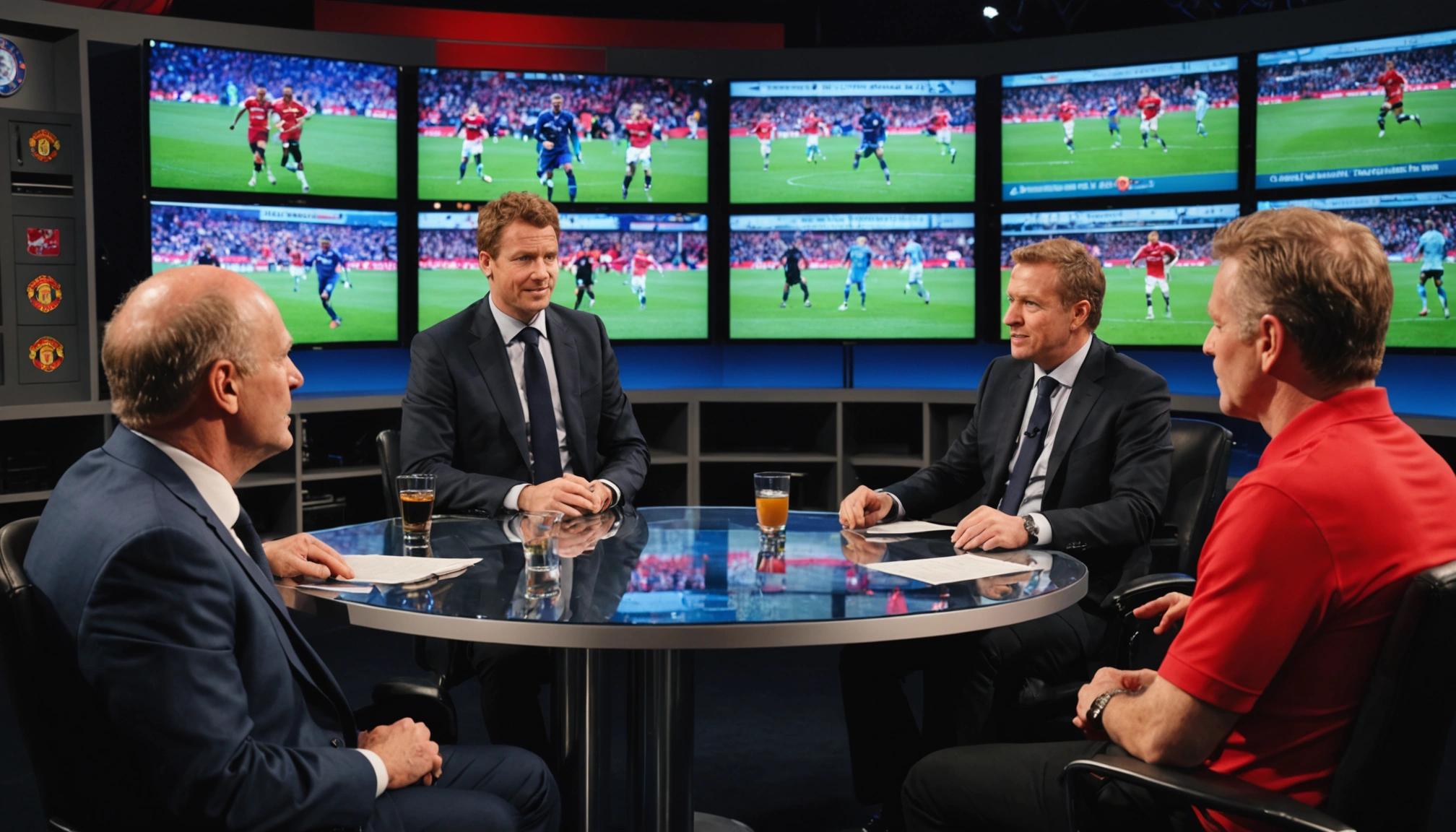La Liga Miami Match Sparks Player Protest And Debate
Players protest La Liga's Miami game amid controversy. Explore impacts, reactions, and what this means for Spanish football's future.

By Editorial
Introduction To The La Liga Miami Controversy
In a bold move that has stirred significant unrest within Spanish football, La Liga's decision to relocate a fixture to Miami has prompted a symbolic protest by players from Oviedo and Espanyol. This protest, lasting the first 15 seconds of their recent match, was a clear message of discontent with the league's approach towards this international expansion.
The decision to host Villarreal's game against Barcelona in the US has been met with mixed reactions across Spain. While some see it as an opportunity to globalise the brand and tap into new markets, many players, clubs, and fans question the implications for domestic football and player welfare.
Details Of The Player Protest And Its Significance
The players from Oviedo and Espanyol stood still on the pitch for 15 seconds before kickoff, a silent but potent demonstration coordinated by the Spanish Footballers' Association (AFE). According to the AFE, this protest was aimed at highlighting La Liga’s lack of transparency and dialogue regarding the decision.
Interestingly, the live broadcast cut away during the protest, focusing instead on the stadium exterior, arguably downplaying the players' message. The AFE has also announced plans for similar demonstrations at other La Liga fixtures over the weekend, although they deliberately excluded Barcelona and Villarreal players to avoid perceptions of targeting specific clubs.
Reactions From Key Stakeholders
Barcelona’s coach, Hansi Flick, publicly voiced his frustration, acknowledging that neither he nor his players were happy about the travel demands imposed by the Miami fixture. Real Madrid also expressed concerns, citing potential serious consequences for the league’s integrity and player wellbeing. UEFA’s reluctant approval of the match has added another layer of complexity to the issue.
On the other hand, RFEF president Rafael Louzan defended the move, calling it "good for football," while Barcelona president Joan Laporta praised the decision as a chance to put on a "great show." These contrasting perspectives reflect a broader debate about balancing commercial interests with sporting tradition and player rights.
Implications For Players And The Future Of La Liga
The protest highlights deeper concerns among players about how these international fixtures impact their schedules, recovery times, and labour rights. The AFE has demanded a proper negotiating table to ensure all parties are heard and that players' rights are protected under current regulations.
This situation is reminiscent of the Italian football federation's decision to stage a Serie A game in Australia, which similarly sparked controversy. As football leagues explore global markets, the challenge will be finding a balance that respects players’ health and fans’ interests alike.
Player Welfare And Fixture Congestion
Travelling across continents for league matches adds to fixture congestion and fatigue, increasing injury risks. Players must adapt to different time zones and climates, potentially affecting their performances and recovery. Such logistical challenges have led many players and coaches to question the benefit of overseas games for the sport's core stakeholders.
Commercial Benefits Versus Traditional Values
While international games open new revenue streams and global fan engagement, critics argue that these benefits should not come at the expense of the league’s authenticity or player wellbeing. The debate touches on the very identity of La Liga and its place within Spanish culture.
Broader Context And Comparisons
This controversy is part of a growing trend where major sports leagues consider international fixtures to expand their brands. For example, the NFL has long hosted games in London, with increasing fan interest and commercial success. However, football's intense schedule and physical demands make these decisions more contentious.
For those interested in how sports evolve amid such challenges, our article on England sport highlights key moments and insights offers a detailed look at similar trends and their effects on athletes and fans.
Conclusion: What This Means For Fans And The Sport
The La Liga Miami match controversy underscores the tension between modern commercialisation and traditional football values. Fans may gain access to live games abroad, but questions remain about how these fixtures impact player welfare and domestic competition integrity.
Ultimately, a transparent dialogue involving players, clubs, and governing bodies is crucial to navigating these changes. The ongoing protests by players serve as a reminder that those who play the game must have their voices heard in shaping its future.
For readers keen to stay ahead on sports developments and insights, SportsScoop regularly updates with in-depth articles like our recent NFL 2025 season predictions super bowl MVP and breakout stars, providing a broader perspective on the evolving sports landscape.
Related topics
Editorial
Sports expert at SportsScoop
Specialist in sports analysis and journalism
Related articles
Want to read more?
Explore our comprehensive collection of sports articles and analysis, or contact us for more information.



